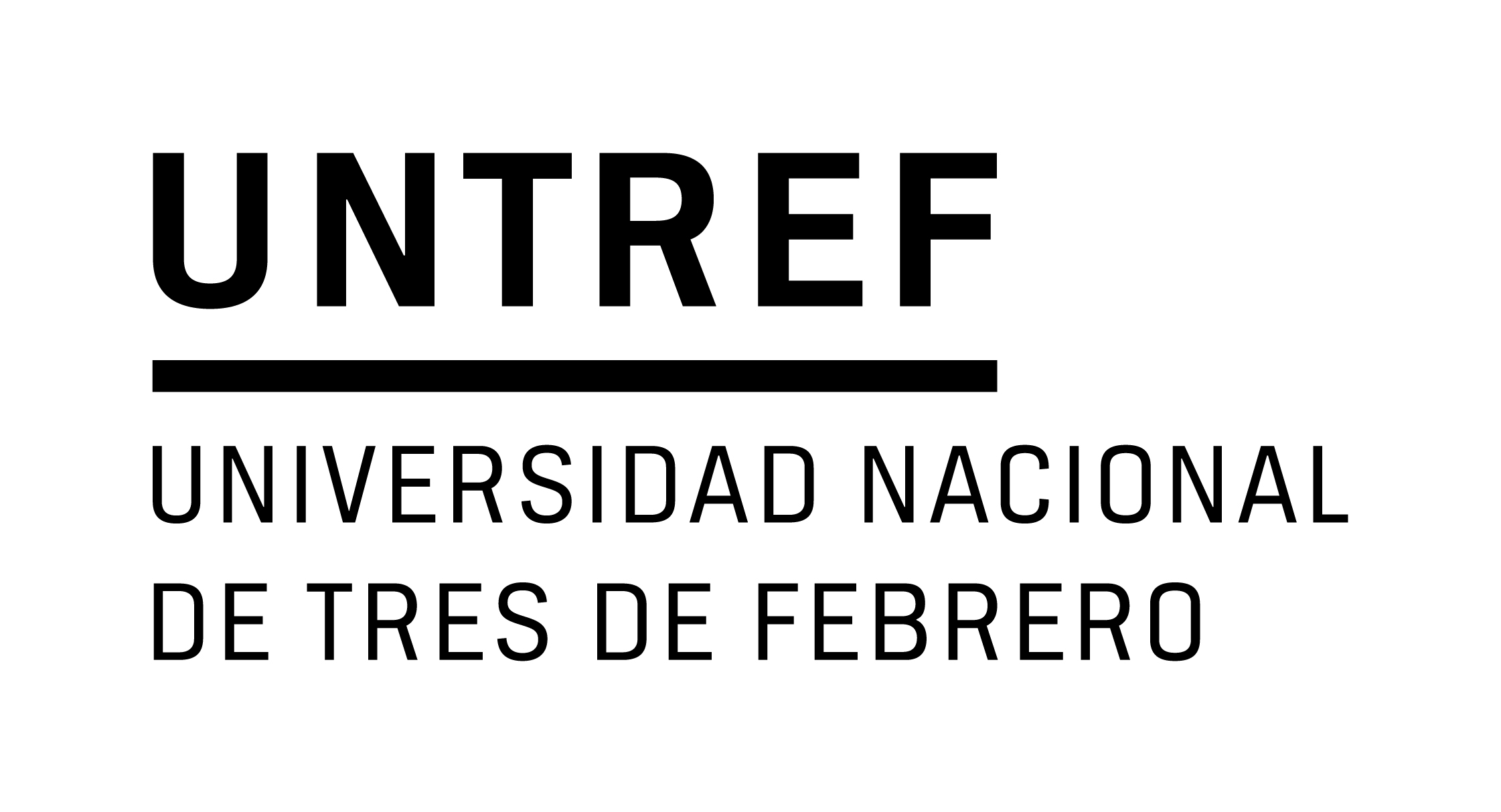Does institucional design matter? : a study of trade effectiveness and PTA flexibility \ rigidity
Por: Bearce, David H .
.
Colaborador(es): Eldredge, Cody D | Jolliff, Brandy J
| Jolliff, Brandy J .
.
Tipo de material:  Artículo Tipo de portador: ImpresoTema(s): COMERCIO INTERNACIONAL
Artículo Tipo de portador: ImpresoTema(s): COMERCIO INTERNACIONAL| Tipo de ítem | Ubicación actual | Signatura | Info Vol | Estado | Notas | Fecha de vencimiento | Código de barras | Reserva de ítems |
|---|---|---|---|---|---|---|---|---|
| Publicación Periódica | Biblioteca UNTREF - Sede Posgrados | H327/QUA (Navegar estantería) | Vol. 60, no. 2 (jun. 2016) | Disponible | CSR | 2.009472 |
This article examines the trade effect of flexibility design features within preferential trading arrangements (PTAs). Using a gravity model of bilateral trade that incorporates multilateral trade resistance, we report three main results. First, unconstrained escape provisions undermine the effectiveness of PTAs when it comes to increasing trade. Second, adding some restrictions to these escape provisions more than offsets the negative effect of unconstrained escape, leading to more effective PTAs than those without escape options. Third, adding more restrictions beyond a certain point serves only to make PTAs less effective. Thus, both too much institutional flexibility and too much institutional rigidity reduces the ability of PTAs to promote trade. However, fitting these results to the descriptive data makes it appear that most PTAs would be even more trade effective if they included greater restrictions on the use of their escape provisions. Consequently, it appears that policymakers generally choose fewer escape restrictions than would be optimal in terms of trade performance.
